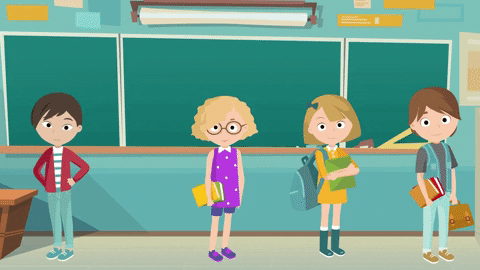The environment is vital to our existence.
by: Maelynn D. Cortez
In Thailand, youth are embracing the Royal Policy education initiative with enthusiasm and dedication. This innovative program aims to provide young people with the skills and knowledge they need to succeed in an ever-changing world. The implementation of this policy has been met with praise and support from students, parents, and educators alike.
One of the key aspects of the Royal Policy education program is its emphasis on critical thinking and problem-solving skills. Through engaging and hands-on activities, students are encouraged to think creatively and analytically, allowing them to approach challenges with confidence and ingenuity. This focus on skills-based learning ensures that the youth are equipped to tackle real-world problems and contribute meaningfully to society.
Additionally, the Royal Policy education initiative places a strong emphasis on experiential learning. Students are given opportunities to participate in internships, study abroad programs, and community service projects, allowing them to gain valuable practical experience outside of the classroom. This hands-on approach not only enhances their academic understanding but also fosters a sense of social responsibility and global awareness.
Furthermore, the Royal Policy education program promotes a holistic approach to education, recognizing the importance of emotional intelligence and interpersonal skills. Through workshops and seminars on mindfulness, communication, and leadership, students are encouraged to develop a well-rounded set of competencies that will serve them well in their personal and professional lives. This focus on social-emotional learning ensures that the youth are not only academically successful but also emotionally resilient and empathetic.
In conclusion, the Royal Policy Education Initiative in Thailand is empowering youth to become confident, competent, and compassionate individuals. By providing them with a skills-based, experiential, and holistic education, this program is preparing the next generation to thrive in a rapidly changing world. The youth embracing this initiative are not only gaining valuable knowledge but also developing the attitudes and abilities needed to make a positive impact on their communities and beyond.












